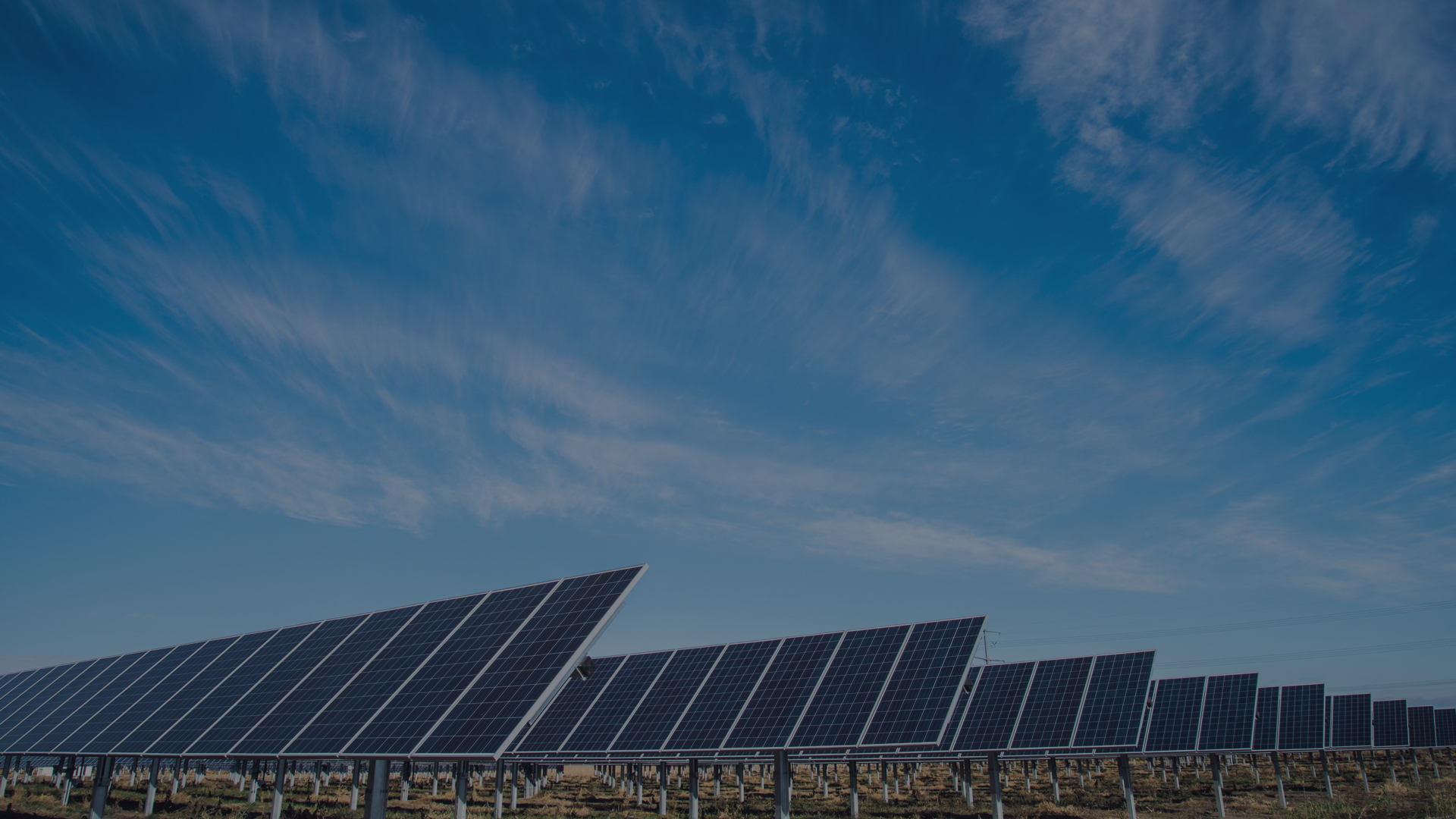Several factors outside EvoEnergy’s control mean the cost of solar panels could see a small increase over the next few months. We’ll do everything we can to keep our price increases to a minimum, but we wanted to explain the reasons why the rises may be necessary.
There are three factors at work here – unfair subsidies given to Chinese manufacturers, leading to an on-going trade dispute between China, the US and the EU; the fluctuation of the pound against the Euro; and the pressure from the EU to increase VAT on renewable energy materials to from 5% to 20%.
The trouble with Chinese subsidies
The reason Chinese panels are so affordable in the first place is that their manufacturers are supported by the Chinese government. This means manufacturers can afford to sell panels in the EU for less than the market value. Reports published late last year found that European retail prices were up to 80% below the actual cost of the panels – a practice dubbed by economists as ‘dumping’.
Dumping occurs when manufacturers export a product to another country at a price below that charged in its home market. Under the World Trade Organization Agreement, the practice is condemned if it threatens to damage industry in the importing country. But it’s not prohibited, which has angered panel manufacturers in the EU who are unable to compete on price.
As a result of the on-going investigation, the EU has made it mandatory to register all solar modules imported from China. If retroactive measures are imposed by the EU Commission, importers will have to pay back duties on these products and this price increase will be passed onto installers. The retrospective period begun at the beginning of March, but fortunately we’ve secured prices with our main Chinese suppliers to guarantee price stability for the period until the decision is made. Our Silver and Gold-standard panels won’t be affected, as they’re not Chinese imports. However, after June it’s likely that all panel manufacturers will increase their prices in line with the higher cost of Chinese panels if the levies are applied.
The problem with the pound
The majority of solar panels in the UK market are priced to suppliers in Euros. Recently, the pound hasn’t been performing well against the Euro, which means kit costs are increasing. Inflation has stayed above the 2% target for 38 straight months, and it’s forecast to stay that way until early 2016, so a dip in costs is not on the horizon.
The weakening of the pound means we have to pay more for imported goods. The pound isn’t faring well against the Euro, and as we purchase the bulk of our mounting systems (the frames used to mount panels on roofs) from trusted German manufacturer Conergy, this is having an impact on system prices.
We’d like to reassure customers that we’re doing everything we can to negotiate on payment with suppliers, but this is something that’s affecting the whole of the UK solar industry and is beyond our control. One factor that does work in our favour is that we have long-standing relationships with our suppliers, from whom we buy in bulk. Smaller installers buy panels for each job as required, so will end up paying more.
We’ll be completely open about any price rises and will continue to provide full charges in writing before beginning any install.
The tax factor
Currently the UK offers reduced VAT of just 5% on home energy-saving measures and services, offering an extra incentive for householders to invest in cleaner, greener technology. But it’s a different story in the rest of Europe, where standard 20% VAT is applied across the board. Now the European Commission is poised to take the UK to court over its refusal to fall into line with the rest of Europe.
The decision was taken by the European Commission on 21 February 2013 following initial contact last June. A court date has yet to be set.
If the UK is forced to go ahead and scrap the VAT discount, it will push prices up for all green produces, from solar panels to air-source heat pumps. This could spell bad news for the Department of Energy and Climate Change’s (DECC’s) Green Deal scheme, which works on the grounds that the cost of energy saving measures such as solar panels is less than the total amount saved through energy bills – the ‘Golden Rule’. Revised system costs calculated with 20% VAT could mean some homeowners are no longer eligible.
If the VAT increase goes ahead our system prices will unfortunately reflect this, and the VAT on domestic installations will increase to 20%, the same as we currently charge for commercial installs.
Whatever the outcomes, we’ll do everything we can to keep on offering our customers the same brilliant value we always have, and because we never hide extra charges in our quotes you won’t receive any unpleasant surprises. We’ll update you on any changes as they happen – or just check our news area regularly.
